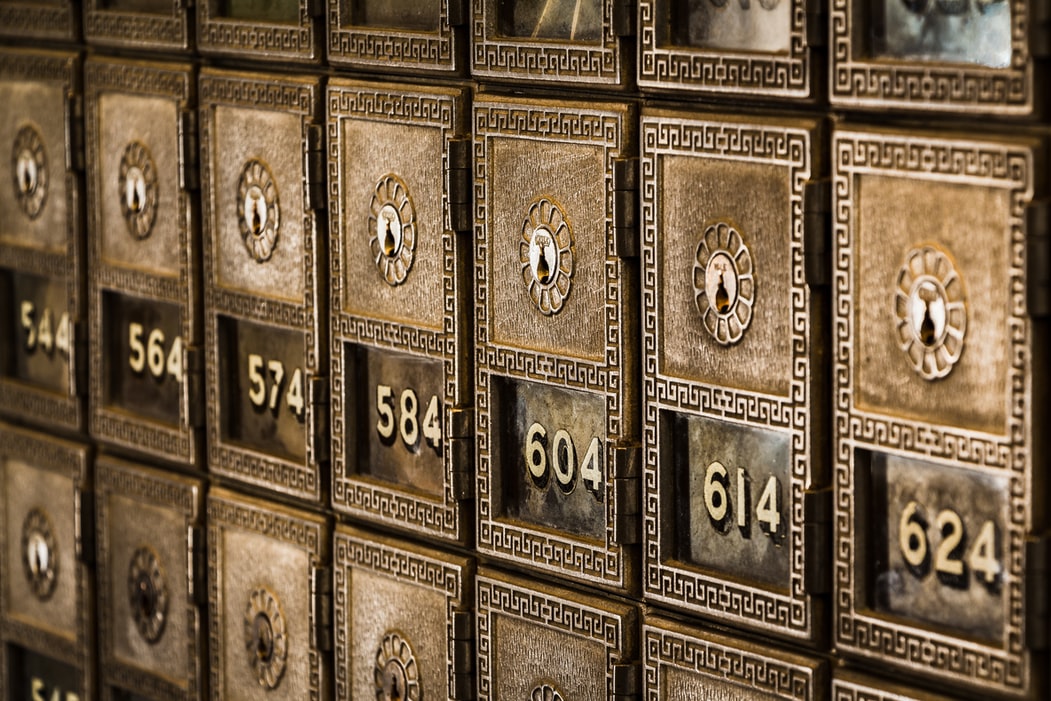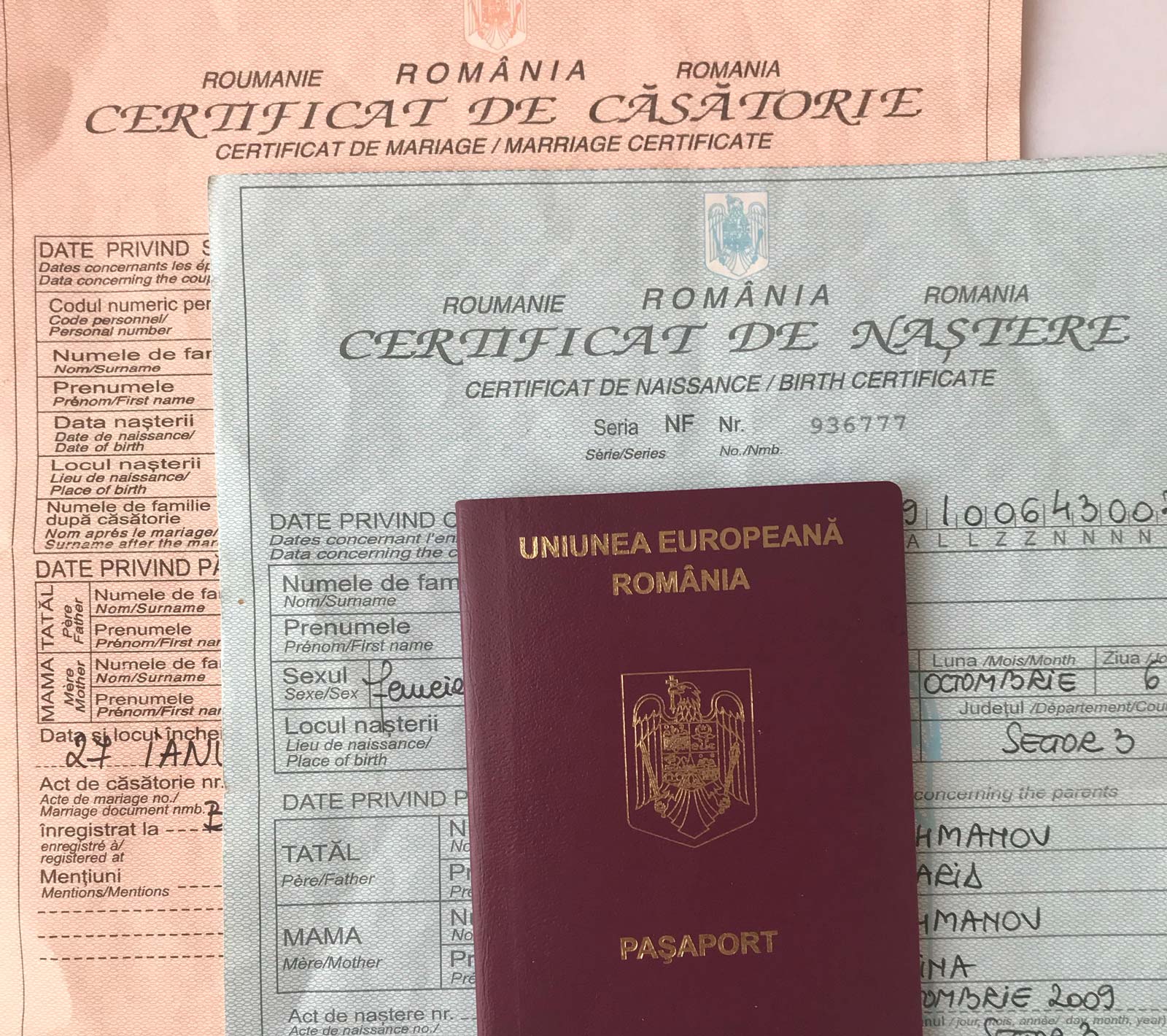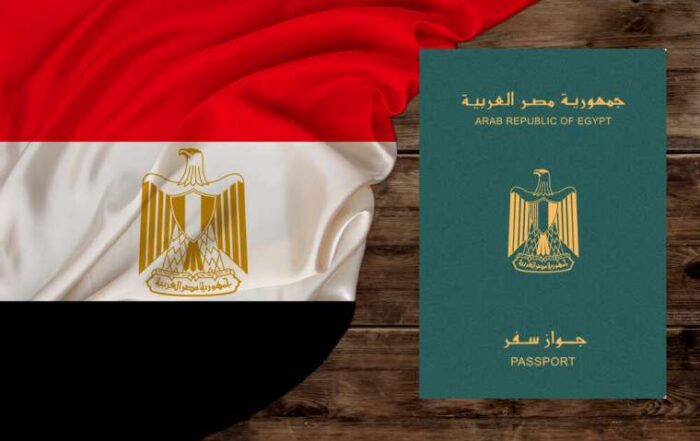Safekeeping: Methods, Example and Definition
Safekeeping: Methods, Example and Definition

What Is Safekeeping?
Safekeeping, also known as safe keep, is the storage of assets or other items of value in a protected area. Many individuals choose to place financial assets in safekeeping. To do so, individuals may use self-directed methods of safekeeping or the services of a bank or brokerage firm. Financial institutions are custodians and are therefore legally responsible for any items in safekeeping.
• Safekeeping is storing assets or items of value in a safe area, such as with a custodian or financial institution.
• Assets placed in safekeeping generally come with a safekeeping certificate.
• Firms may hold stock or bond securities, physical valuable, or documents in safekeeping, although an investor may also hold their own valuables in safekeeping, possibly renting a safe-deposit box.
• Custodians generally hold valuables for investors, while a depository can assume additional control, liability, and responsibility for the items.
Understanding Safekeeping
Individuals who place an asset in safekeeping—often with a bank trust department—generally receive a safekeeping certificate. These receipts indicate that the asset of the individual does not become an asset of the institution and that the institution must return the asset to the individual upon request. An institution will often require a fee for these services.
Many who invest with brokerage firms have their stock or bond securities held in safekeeping. In addition, firms may hold other valuables (gold, jewelry, rare paintings) or documents, including the actual, physical securities certificates. In this capacity, a brokerage firm acts as an agent for a customer.
On the other hand, if the investor wishes to keep their own securities certificates separately, they may rent a safe-deposit box. In both cases, the firm will often provide an overview of the value of the asset(s) over time and can present options for buying and selling the assets.
Special Considerations
While many use the terms interchangeably, custodians usually simply hold securities and other valuables for investors, while a depository can assume additional control, liability, and responsibility for the items.
Depositories may delegate custodian tasks (selling, repurchasing, issuing) to third parties, provide additional financial services, and facilitate the key function of transferring the ownership of shares from one investor’s account to another when a trade is executed. Depository services can also entail offering checking and savings accounts, and transferring funds and electronic payments in these accounts through online banking or debit cards.
Some custodians do also offer a range of other services, such as account administration, transaction settlements, collection of dividends and interest payments, tax support, and foreign exchange.
Using a depository or custodian can also eliminate the risk of holding securities in physical form (e.g. from theft, loss, fraud, damage or delay in deliveries). Some of the largest custodians globally include the Bank of New York Mellon (BNY), State Street Bank and Trust Company, JPMorgan Chase, and Citigroup.
Example of Safekeeping
Investors that purchase fixed income securities via their Wells Fargo Securities account can have Wells Fargo Bank hold the securities in safekeeping, for a fee. Securities are held in a Wells Fargo Bank safekeeping account, which is also charged an interest rate.
—————-
We’ve helped hundreds of people move their businesses overseas, legally reduce their taxes, and become dual citizens. We are focused on high-net-worth individuals and their families as well as corporations wishing to invest their offshore companies or even secure their wealth in offshore financial centers around the world. We will help you to find the best solution for setting up an offshore or onshore company. Another special area of our full-service consulting is the investment opportunity and solution in Europe, especially in the Balkans, Africa, Asia, UAE, the Caribbean and the Pacific.
If you are looking for it, please feel free to contact us. We create a holistic plan that serves your purpose.
TCME – Group worldwide is a leading professional International Business Investment and Advisory Firm for Foreign Economic Relations, with 17th. departments in different Countries around the world and the Headquarter in Malaysia.
GCI UNIT Worldwide, designs and implements customized, holistic strategies for successful investors and entrepreneurs to legally reduce their tax bills, diversify and protect their wealth, invest abroad, gain a second citizenship and live a freer life worldwide to lead.
YOUR CHANCE FOR A BETTER LIVE
GCI Unit Worldwide firm is a professional International Business Investment and Advisory Firm for Foreign Economic Relations. Our range of services includes:
• Offshore and Onshore Company Formation,
• executive Search,
• IT & Cyber Security Protection
• African Gold & Diamonds
• international Business & Management
• Citizenship & Residency
• Investments & Corporate Financing
• Mining and Trading
• Advisory for Foreign Economic Relationship
• Diplomatic Consultancy & Public Affairs
If you would like to discuss your internationalization and diversification plans, book a consulting session* or email us under: [email protected]
*A counseling session is a conversation about your portfolio and goals. It does not constitute legal, financial, tax or investment advice.
Department GCI – Unit Global Citizenship Investment (GCI Unit worldwide)
by TCME Worldwide Group – Global Investments –
Level 33, Ilham Tower, 8 Jalan Binjai,
Kuala Lumpur 50450, Malaysia
www.tcme.company
www.citizenship-news.com
Phone: +66 99091 8357 also for WhatsApp





